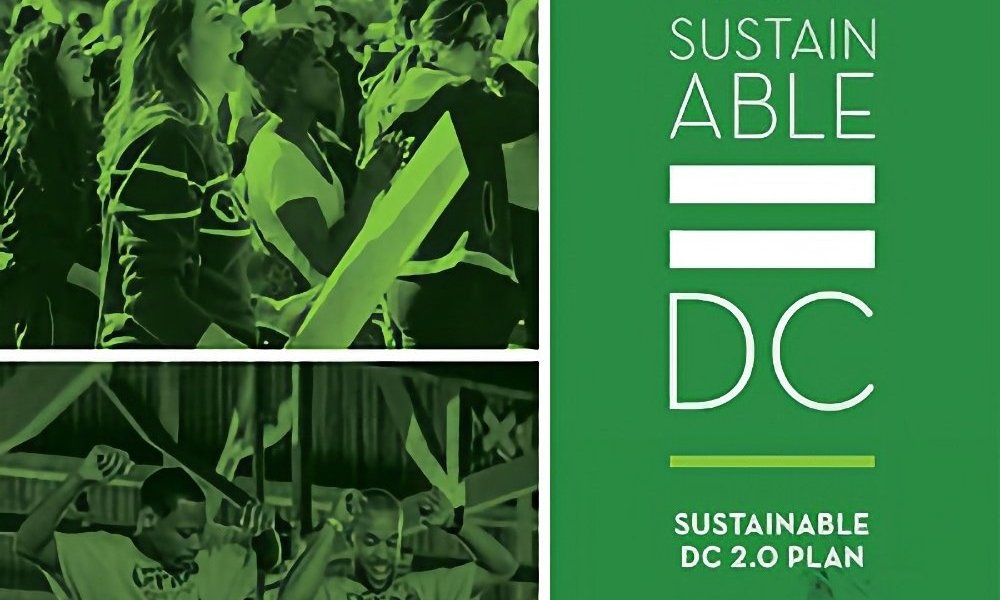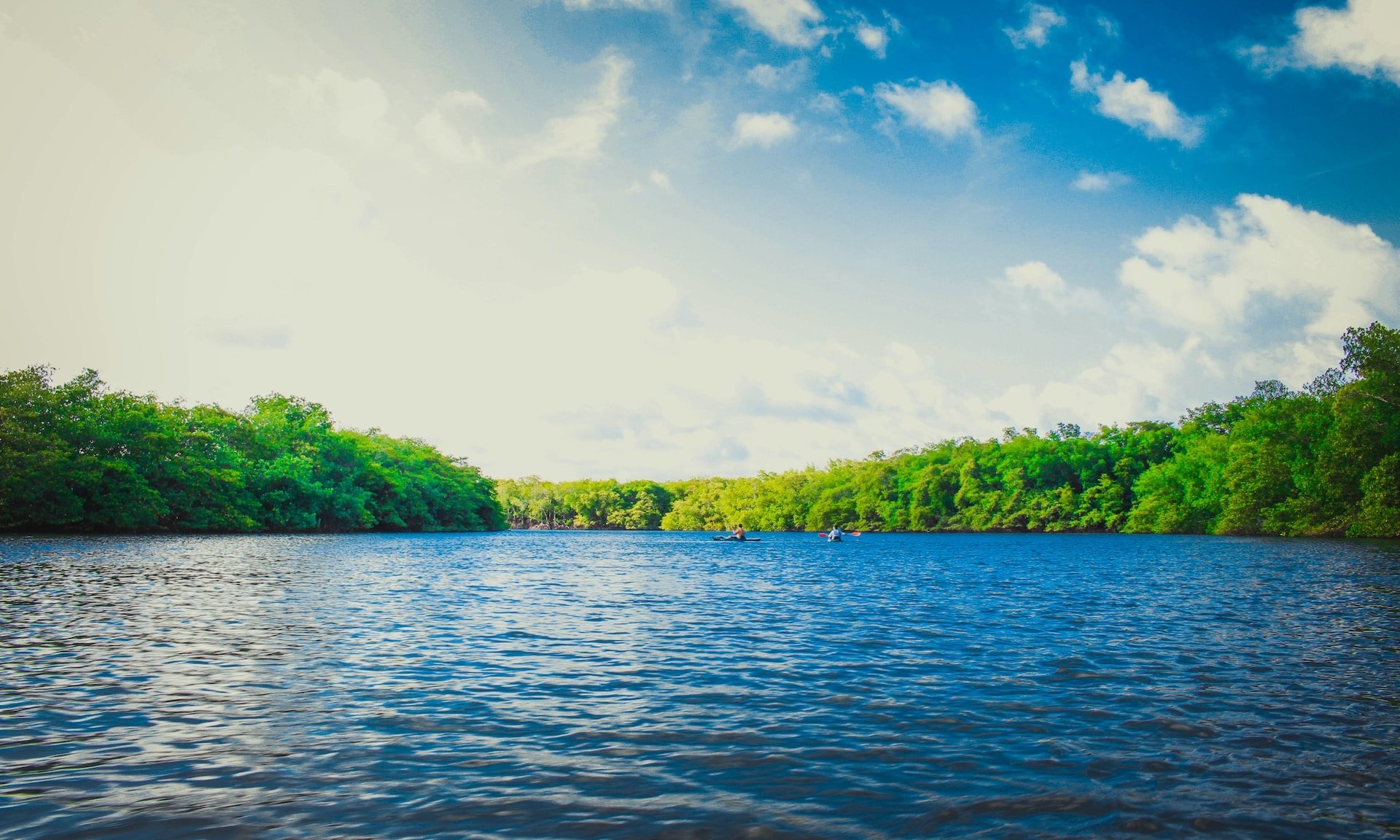The White House Environmental Justice Science, Data, and Research Plan
“The purpose of the Environmental Justice (EJ) Subcommittee is to address the need for a coordinated federal strategy to identify and address gaps in science, data, and research related to environmental justice.”
DC Housing Authority Three-Year Recovery Plan
The District of Columbia Housing Authority has issued its Three-Year Recovery Plan: The Roadmap to Restore, Rebuild & Revitalize the District of Columbia Housing Authority, a comprehensive framework for the transformation of DCHA.
Transportation Climate Vulnerability Assessment
The key objective of this vulnerability assessment is to build on the strong foundation of resilience work undertaken by TPB to assess the vulnerabilities of the region’s transportation system and identify priority areas for resilience investments.
OU2 Focused Feasibility Study
This draft Focused Feasibility Study (FFS) Report describes the development and evaluation of remedial alternatives based on the findings from the Remedial Investigation (RI) completed by Potomac Electric Power Company (Pepco) at its 3400 Benning Road NE, Washington, DC (Site) and a segment of the Anacostia River (River) adjacent to the Site.
Zero Waste DC Plan
“Eleven years ago, in 2013, the District Government released the Sustainable DC plan as we embarked down the path to make the District of Columbia the most sustainable city in the country. Through the collective effort of government, businesses, and residents, the District is now, undoubtedly, one of the healthiest, greenest, and most livable cities in the world.” —Mayor Muriel Bowser
Final Report on Improving DC's Park System
Strategies to create an equitable and activated park system for the District of Columbia.
DC Maps
DC Comprehensive Plan Future Land Use Map
This map uses color-coded categories to express public policy for future land uses across the city. The Future Land Use Map is intended to be used in conjunction with the Comprehensive Plan’s policies and actions. The purpose of this map is to represent the land use policies contained in the proposed Land Use Element.
DC Comprehensive Plan Generalized Policy Map
The purpose of the Generalized Policy Map is to categorize how different parts of the District may change between 2005 and 2025. It highlights areas where more detailed policies are necessary, both within the Comprehensive Plan and in follow-up plans, to manage this change.
Sustainability
Strategic Electrification Roadmap
The Strategic Electrification Roadmap for Buildings and Transportation (Roadmap) outlines the scope and scale of energy efficiency and electrification measures needed to meet the District of Columbia’s climate targets as delineated in the Clean Energy DC Plan.
Sustainable DC 2.0 Plan
“The Sustainable DC 2.0 Plan is the city's plan to make DC the healthiest, greenest, most livable city for all residents. Sustainability is about balancing the environmental, economic, and social needs of the District of Columbia today as well as the needs of the next generation, and the one after that.”
Maryland Sustainable Buildings Act of 2023
The Maryland Sustainable Buildings Act of 2023 “would require all newly built, acquired, or renovated buildings receiving 51% Maryland State funding to follow standards for bird-friendly windows and shielded nighttime lighting, which will both conserve energy and save birds.”
DC Green Food Report for 2023
In the United States, agriculture is responsible for 10% of annual greenhouse gas (GHG) emissions. While food production is not the primary cause of climate change and its harmful effects on the District, action must be taken to address food-related GHG emissions.
Suitland Parkway Trail Rehabilitation Public Meeting
The District Department of Transportation public meeting reviews the Suitland Parkway Trail rehabilitation including the Suitland Parkway history, project context, and what’s next.
Master Plans & Equity
Neighborhood Park Service
Strategies to create an equitable and activated park system for the District of Columbia.
DC Build Back Better Infrastructure Task Force (BBB ITF)
“The $1.2 trillion Bipartisan Infrastructure Law (BIL) was signed by President Biden on November 15, 2022 to rebuild American Infrastructure and competitiveness through new and existing programs.”
District of Columbia Parks and Recreation Master Plan 2022
“The value of parks and recreational facilities as vital social infrastructure for cities has never been higher. Throughout the COVID-19 pandemic, we saw recreation centers become testing sites, vaccination sites, and meal delivery hubs.”
District of Columbia Draft Racial Equity Action Plan
“Established by Mayor Bowser in 2021, the Mayor’s Office of Racial Equity (ORE) is charged with developing an infrastructure to ensure policy decisions and District programs are evaluated through a racial equity lens.”
Urban Trees & Forests
DC Office of Zoning Tree and Slope Protection Overlay District (TSP)
The Tree and Slope Protection (TSP) Overlay District was established to preserve and enhance the park-like setting of designated neighborhoods adjacent to streams or parks.
Carbon Finance for City Forests
City Forest Credits generate high-quality projects and new carbon revenue for greener, healthier, and more equitable cities.
City of Trees: Then, Now and in the Future
A look at legislation and funding, canopy goals, and how to achieve equity.
Tree Canopy Equity and the Latino Community
An in-depth review of ethnic minorities and the environment including why environmental issues are as important as the passage of comprehensive immigrations reform.
Trees in Communities
Through the Chesapeake Bay Watershed Agreement, the Chesapeake Bay Program has committed to continually increase urban tree canopy capacity to provide air quality, water quality and habitat benefits throughout the watershed.
Environmental
Baseline/Performance Monitoring Plan
This Baseline/Performance Monitoring Plan (B/P Monitoring Plan) presents the rationale and sampling that the District of Columbia Department of Energy and Environment (DOEE) will use to document and evaluate baseline conditions and performance of the interim remedial actions defined for the Anacostia River Sediment Project (ARSP) study area.
Mitigating Urban Heat Threats
An in-depth review of mitigating urban heat threats through a community-driven framework including proposed solutions.
Anacostia Park Management Plan Environmental Assessment
This management plan/environmental assessment (management plan) is the primary guidance document for managing the park for the next 15 to 20 years.


























